Indigenous Governance Database
Cheyenne River Sioux Tribe
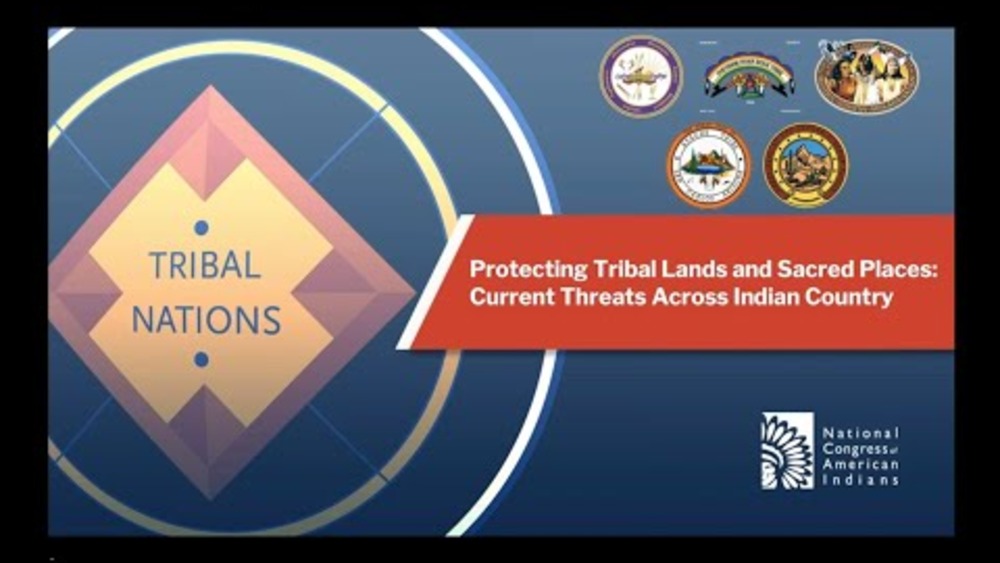
NCAI Forum: Protecting Tribal Lands and Sacred Places: Current Threats Across Indian Country
The latest in NCAI’s ongoing series of virtual events featuring tribal leaders, this forum shares the stories of five tribal nations working to protect their tribal homelands in the face of baseless attacks by the federal government, and discussed how the federal government must recommit to its…
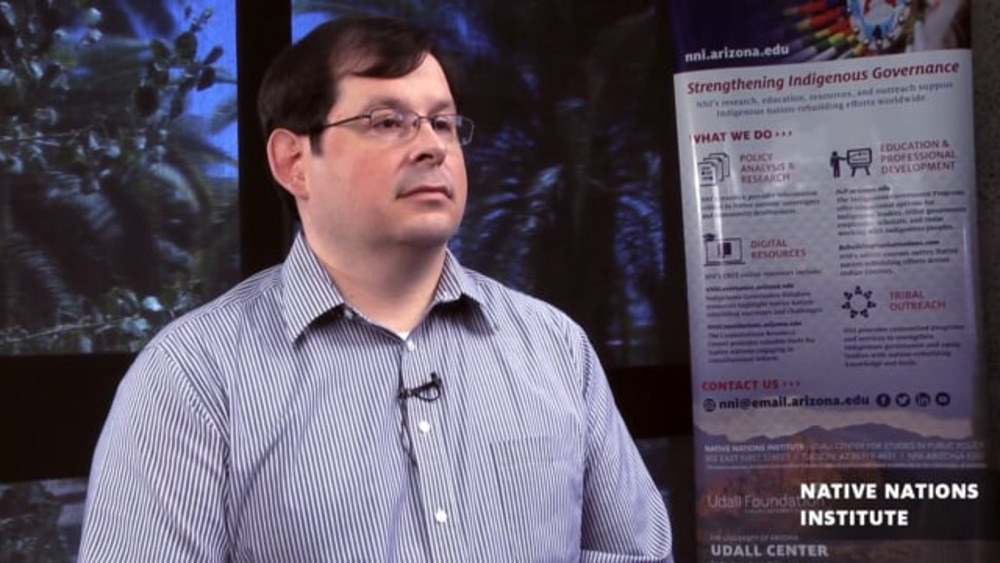
Wayne Ducheneaux: Working with Indigenous Governance
Wayne Ducheneaux II (Cheyenne River Sioux Tribe) sits down with Native Nations Institute to discuss his array of experiences working for the Cheyenne River Sioux Tribe and in the work toward helping other Native Nations efforts with indigenous governance. A former Tribal Administrative…
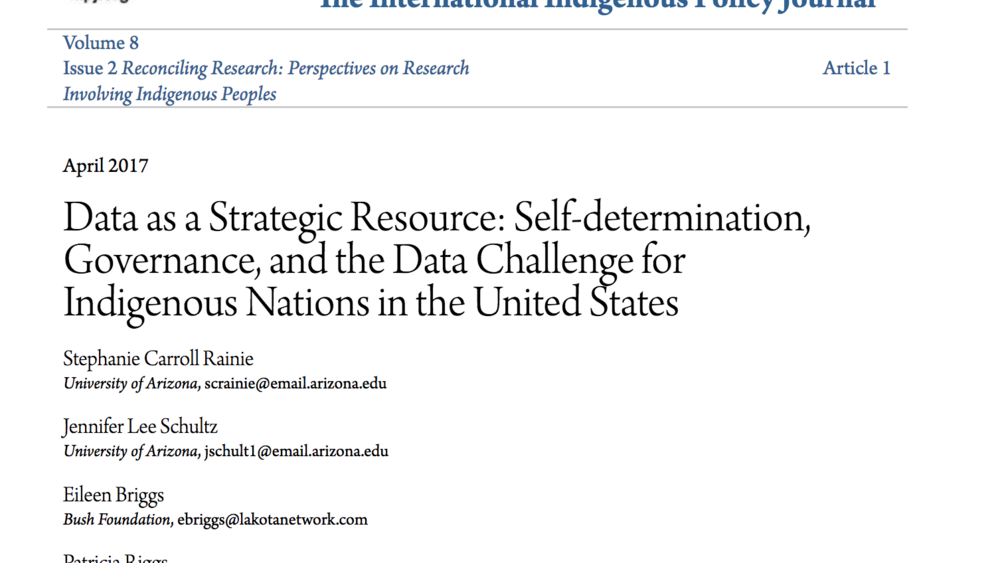
Data as a Strategic Resource: Self-determination, Governance , and the Data Challenge for Indigenous Nations in the United States
Data about Indigenous populations in the United States are inconsistent and irrelevant. Federal and state governments and researchers direct most collection, analysis, and use of data about U.S. Indigenous populations. Indigenous Peoples’ justified mistrust further complicates the collection and…
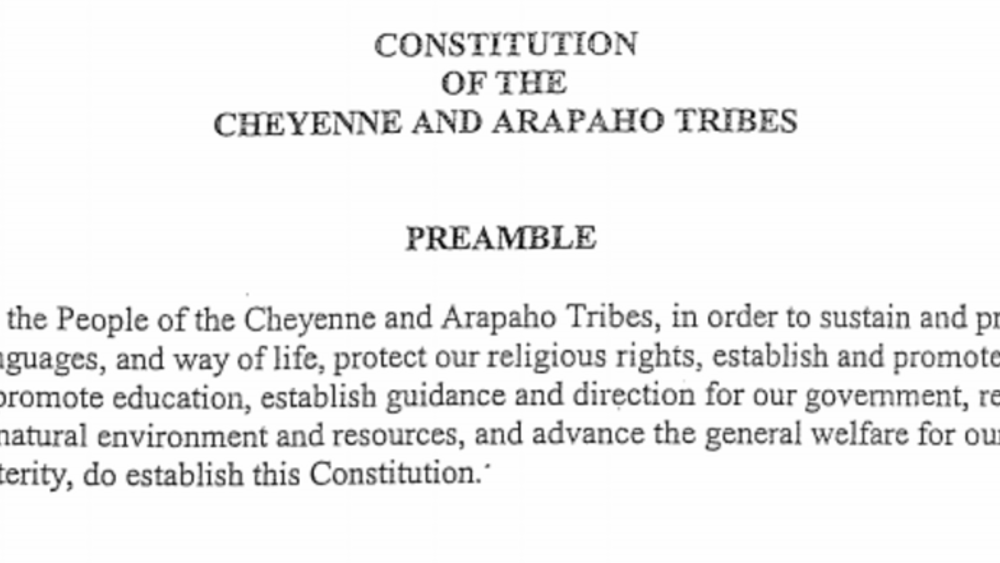
Cheyenne and Arapaho Tribes: Terms of Office Excerpt
ARTICLE VI - LEGISLATIVE BRANCH Section 3. Terms. District Legislator's shall serve four year staggered terms of office. A Legislator shall be eligible to serve three consecutive terms under this Constitution. Upon the completion of the third consecutive term, the Legislator shall not be…
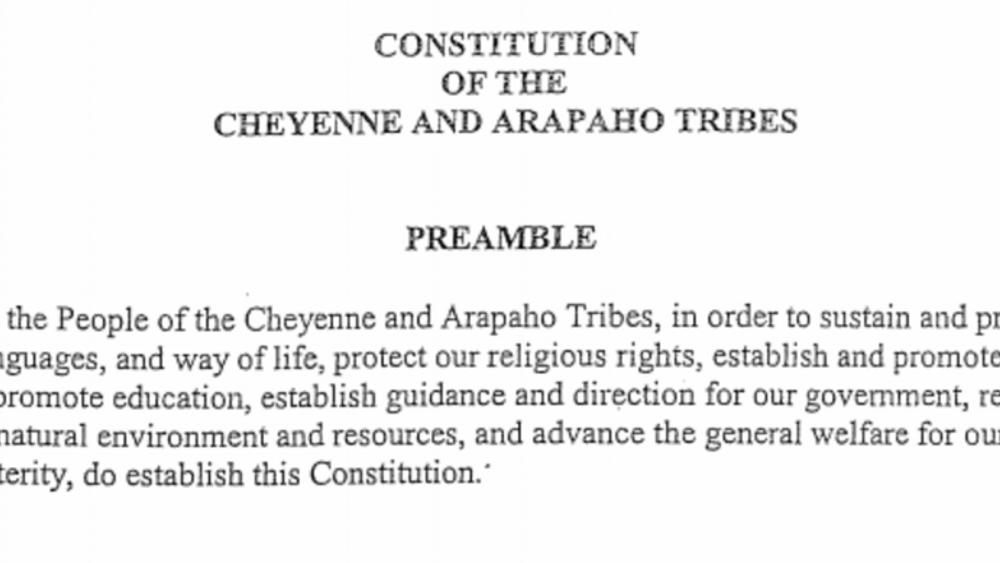
Cheyenne and Arapaho Tribes: Legislative Functions Excerpt
ARTICLE VI - LEGISLATIVE BRANCH Section 1. Composition. The Legislative Branch shall be comprised of one Legislature. The Legislature shall consist of four Cheyenne Districts and four Arapaho Districts. Each Cheyenne District shall have one Cheyenne Legislator and each Arapaho District shall have…
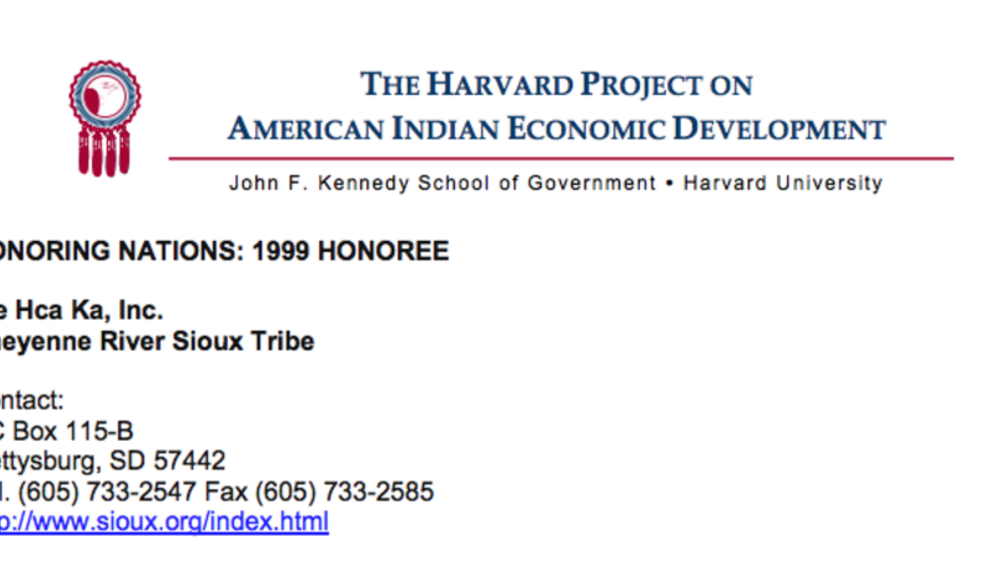
Pte Hca Ka, Inc. (Cheyenne River Sioux Tribe)
This tribally chartered corporation developed a culturally compatible management system for reestablishing buffalo as a focal point for socio-economic development, community cohesion, and self-determination. Pte Hca Ka, Inc. operates a mobile meat processing facility, and is currently seeking…

Eileen Briggs: The Importance of Data and Community Engagement
Eileen Briggs is a citizen of the Cheyenne River Sioux Tribe and is the Executive Director of Cheyenne River Sioux Tribal Ventures. She is also the Principal Investigator on "Cheyenne River Voices Research" — a reservation-wide research project including a household survey of over…
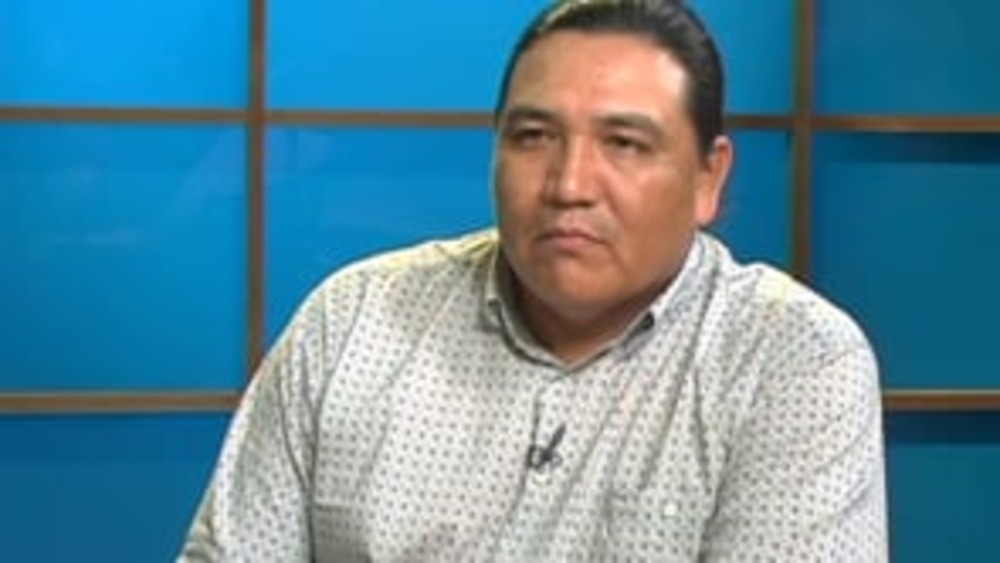
Leroy LaPlante, Jr.: Effective Bureaucracies and Independent Justice Systems: Key to Nation Building
In this informative interview with NNI's Ian Record, Leroy LaPlante, Jr., former chief administrative officer with the Cheyenne River Sioux Tribe and a former tribal judge, offers his thoughts on what Native nation bureaucracies and justice systems need to have and need to do in order to support…
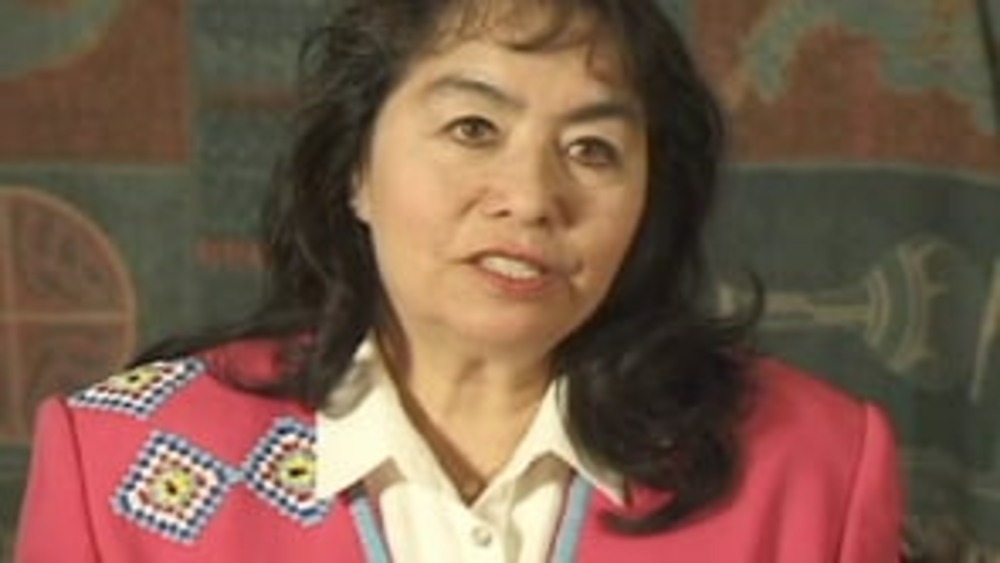
Great Tribal Leaders of Modern Times: Gay Kingman
Produced by the Institute for Tribal Government at Portland State University in 2004, the landmark “Great Tribal Leaders of Modern Times” interview series presents the oral histories of contemporary leaders who have played instrumental roles in Native nations' struggles for sovereignty, self-…
NNI Forum: Asset Building for Indian Country
The Native Nations Institute for Leadership, Management, and Policy (NNI) at the University of Arizona in Tucson, Arizona convened a panel of leading experts to discuss the fundamental obstacles standing in the way of asset building in Native communities, and the innovative strategies that Native…

Frank Pommersheim: A Key Constitutional Issue: Dispute Resolution
University of South Dakota Professor of Law Frank Pommersheim discusses the key constitutional issue of dispute resolution and presents three cases demonstrating how tribes are endowing their constitutions with legitimacy through the careful, thoughtful resolution of disputes.
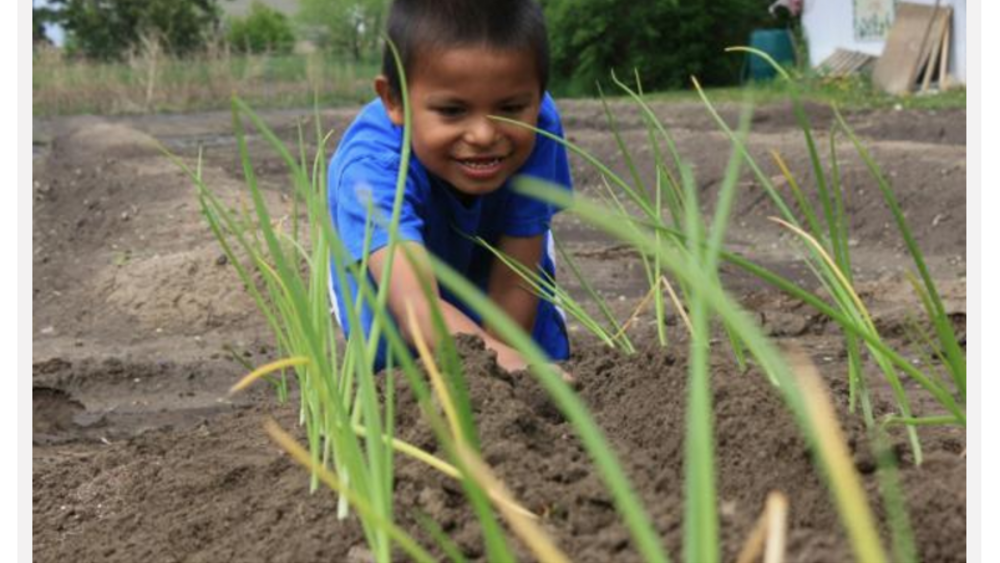
Cheyenne River Youth Project's Garden Evolving Into Micro Farm
When the Cheyenne River Youth Project started its organic garden in 1999, staff at the 26-year-old nonprofit would never have guessed where the little garden would take them. The two-acre Winyan Toka Win–or “Leading Lady”–garden is the heart of the youth project, and is becoming a micro farm.…

Social Enterprise Café Builds Life Skills of Reservation Youth
To the residents of the Cheyenne River Reservation, the newly-opened Keya Café & Coffee Shop in Eagle Butte, South Dakota, is a great place to pick up a cup of coffee and a pastry in the morning. But behind the scenes, this small business is working on a much broader scope by addressing such…
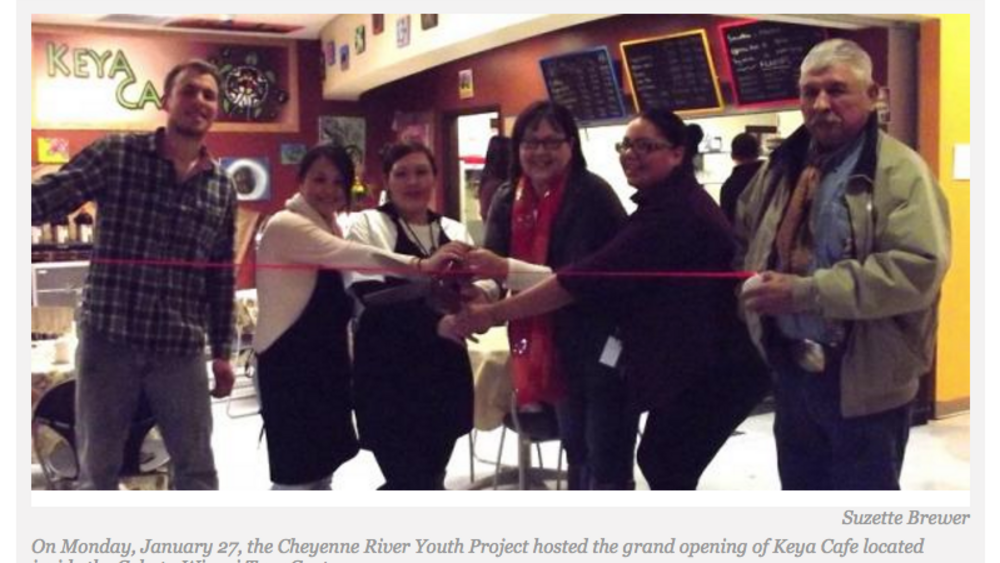
Cheyenne River Youth Project Turns 25, Launches Endowment and Keya Cafe Featuring Homegrown Food
Twenty-five years ago, Julie Garreau (Cheyenne River Lakota) developed the Cheyenne River Youth Project (CRYP) from a converted bar on Main Street in the tribe's capital Eagle Butte, South Dakota. For 12 years she volunteered her time to get an after-school program off the ground...
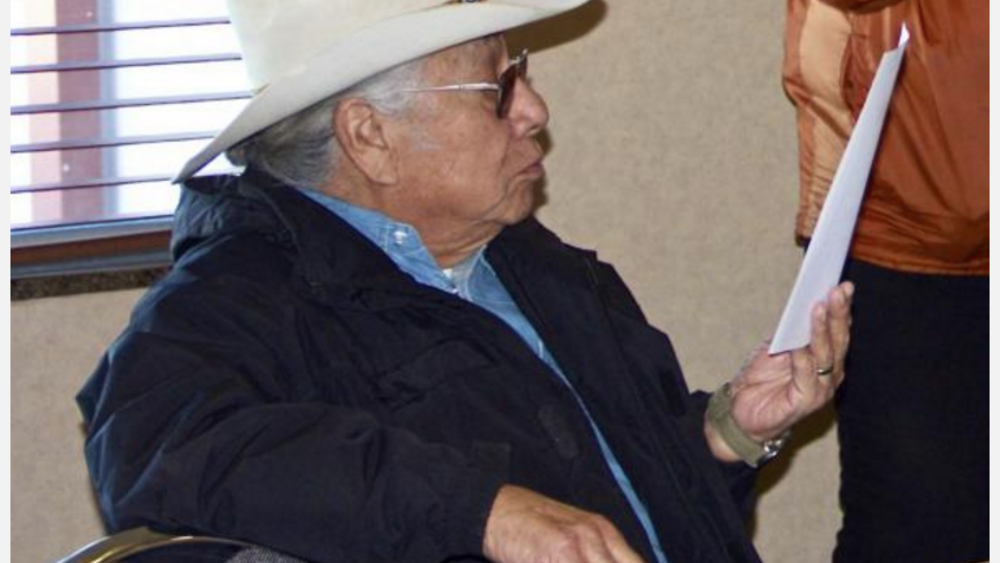
Elderly Protection Teams Work to Stop Abuse
While more than 30 tribal governments across the country have implemented elder abuse codes, some Indian communities and concerned citizens have taken a more proactive role to ensure these laws are enforced. The Standing Rock Sioux Tribal Council started the first Elderly Protection Team in Indian…

Four Bands Community Fund
As a nonprofit organization and a Native community development financial institution (CDFI) certified by the U.S. Treasury, Four Bands Community Fund continuously strives to achieve its mission of creating economic opportunity by helping people build strong and sustainable small businesses and…

Building a More Sustainable Future on Cheyenne River
This brief video showcases five of Four Bands Community Fund's loan clients who have used their loan proceeds to advance green and social entrepreneur concepts on the Cheyenne River Indian Reservation.
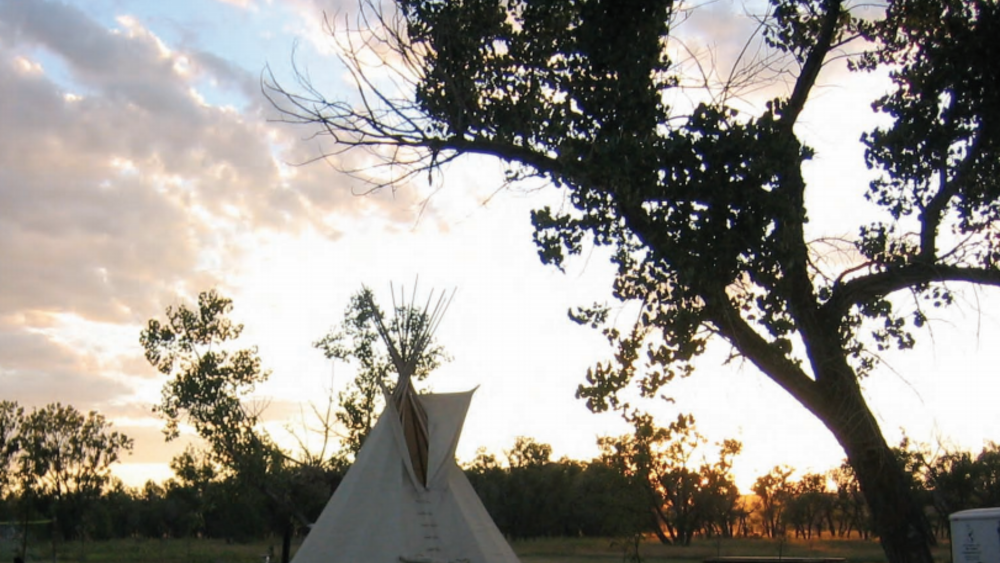
Native Entrepreneurship in South Dakota: A Deeper Look
Native Entrepreneurship in South Dakota: a Deeper Look is designed to raise the profile of Native entrepreneurship in South Dakota and offer lessons for policymakers, foundations, tribes, and non-profits in developing effective policies and strategies. The research identified the following key…
